The Power of Validation: How Early Influences Shape a Musician’s Career
Validation plays a pivotal role in shaping an individual’s path, and for aspiring musicians, it can have a profound impact on their career trajectory. This article delves into the significance of validation, exploring how it can influence young musicians, propel their passion for music, and eventually transform it into a fulfilling profession.
In today’s interconnected world, we are witnessing a paradigm shift in how validation influences the decisions of children and teenagers in their self-development journeys. As they explore their interests, they seek recognition and support from their peers, mentors, and communities. When it comes to music, this need for validation is no different.
It often begins with an innate fascination for music that prompts young individuals to embark on a journey of self-discovery. They experiment with different instruments, melodies, and rhythms, gradually honing their skills. As they immerse themselves in the world of music, they find solace and joy in their own creative expressions.
During this formative phase, their close circle of friends and the community they engage with plays a significant role. Positive reinforcement and validation from friends who appreciate and admire their musical talent can instill a sense of confidence and fuel their determination. These early validations act as catalysts, pushing them to explore music further, sharpen their skills, and strive for excellence.
Moreover, the importance of surrounding oneself with quality artists cannot be overstated. As young musicians connect with like-minded individuals who share their passion for music, they enter a realm of inspiration and artistic growth.
These connections create a community of musicians who inspire and challenge each other, fostering an environment of creativity, collaboration, and continuous improvement.
Adopting external feedback as approval
In the last years, I’ve had the opportunity to coach multiple artists who faced various challenges. Validation often came as something people often seek in the first place, when it comes to making music. I see artists attend events, see artists in motion, performing, networking and then they want to be part of that movement. You can’t access that easily and making music often comes as a solution to be part of a community of fellow musicians.
On that path of music making, one can adopt multiple sources of validation. One challenge they face is related to their level of experience. It’s rare an experimented producer will open up to connect with people who have less experience. Unless you have met them in person and have a connection, the odds that you connect with them through social media are pretty low.
Another point to keep in mind is while we seek for positive feedback, we might attract misleading people. Through my years of experience, so many times, people have provided feedback that made no sense, pointed me in the wrong direction and often, I could only realize it later on. When I coach people, I often have to break old patterns people have integrated from Youtube influencers or explain how to avoid simply apply a technique without knowing how and why to use it.
Let’s explore three examples that illustrate how artists are inspired by their close friends and community, ultimately shaping their musical journey:
Collaborative Exploration:
- Imagine a group of teenagers with an affinity for music and festivals, forming a collective in their high school years. They share their compositions, experiment with different genres, and perform together. Within this collaborative environment, they validate each other’s ideas, talents, and potential. The group becomes a creative hub, nurturing their passion for music and encouraging them to refine their skills. Through mutual support and validation, they collectively grow as musicians, laying the foundation for their future careers.
Mentorship and Role Models:
- In certain cases, young musicians are fortunate to have experienced mentors or role models within their community. These individuals may be established musicians or industry professionals who recognize the budding talent and potential in these aspiring artists. By offering guidance, imparting knowledge, and validating their skills, these mentors become invaluable sources of inspiration and motivation. Their validation reinforces the belief that a career in music is not only attainable but also worth pursuing.
The Power of Musical Networks:
- In an interconnected world, musicians have the opportunity to connect with a vast network of artists and industry professionals through social media platforms, online communities, and music events. Building relationships within this network can have a profound impact on their careers. By associating with established musicians or collaborating with talented peers, young artists gain exposure to different perspectives, styles, and techniques. The validation and recognition received from these interactions bolster their confidence, expand their musical horizons, and open doors to new opportunities.
Building Self Validation
Ideally, one wants to create self validation. This is the hardest thing to build if you’re an artist. Understanding that you music is a form of communication in need of connection is necessary to split your needs into two parts. On one side, you’ll want to learn to cover the technical understanding of your music to fit the context your music belongs to. This implies these points:
- Arrangements: You can validate yourself through your own references that should include music that you know works well.
- Mixing: This can be validated through another professional but if you learn validate yourself here, it would come to understanding your different sounds. Again, references will make a difference here.
- Mastering: You can mostly make sure you have the same loudness and make sure you’re not having distortions, resonances.
Technical self validation takes a while to understand but working with fellow artists and professional will teach you to recognize what works or not.
No one expect you to cover all of this on your own.
The non-technical part is complicated. It’s either you have incredible trust that what you do works (which is rare), or work with your circle of 5. But everything is relative and arbitrary in that field, including your own judgement. I find that the best way to develop self validation is to learn to accept your music as it is, with it’s flaws.
In conclusion, validation serves as a cornerstone in the journey of a musician. Starting from the early stages of self-discovery and exploration, positive validation from friends, mentors, and communities can ignite a passion for music and drive an individual to pursue it further. Surrounding oneself with quality artists and being part of a supportive network can provide inspiration, guidance, and invaluable learning experiences. Aspiring musicians who receive validation and recognition early on are more likely to turn their passion into a fulfilling career, fuelled by the belief in their own abilities and the support of their peers.

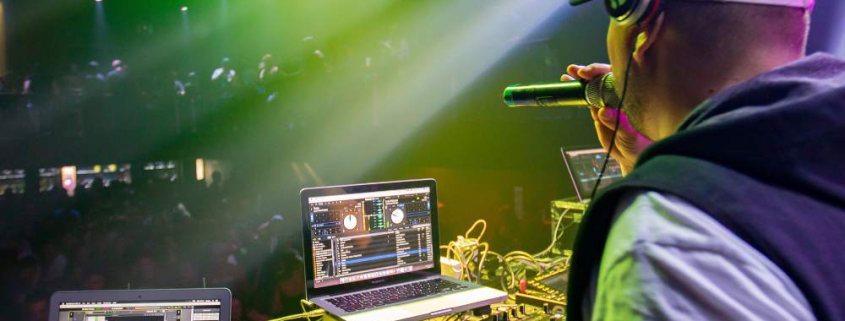
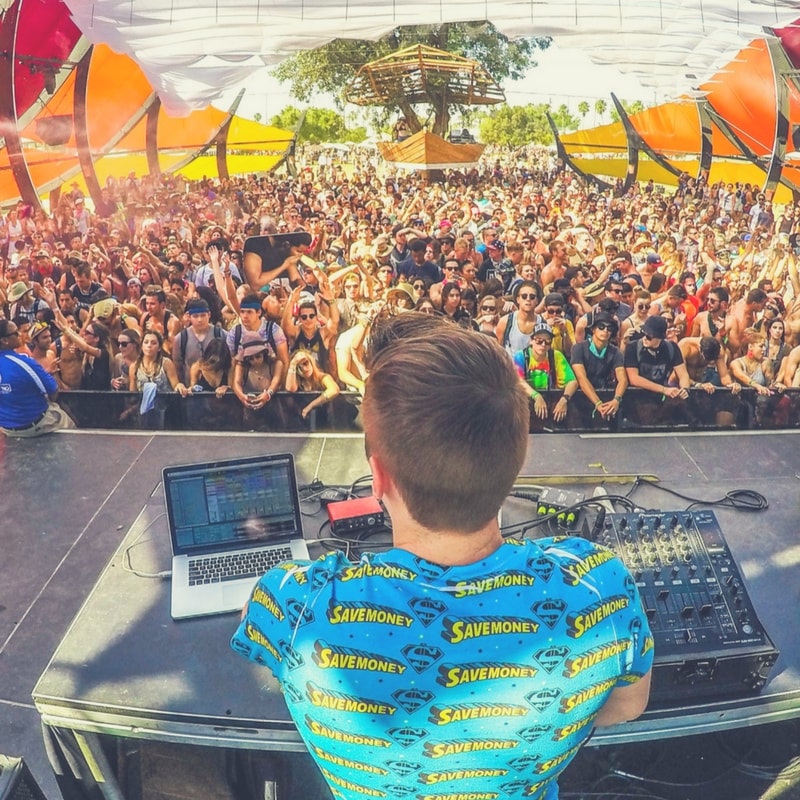

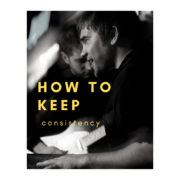
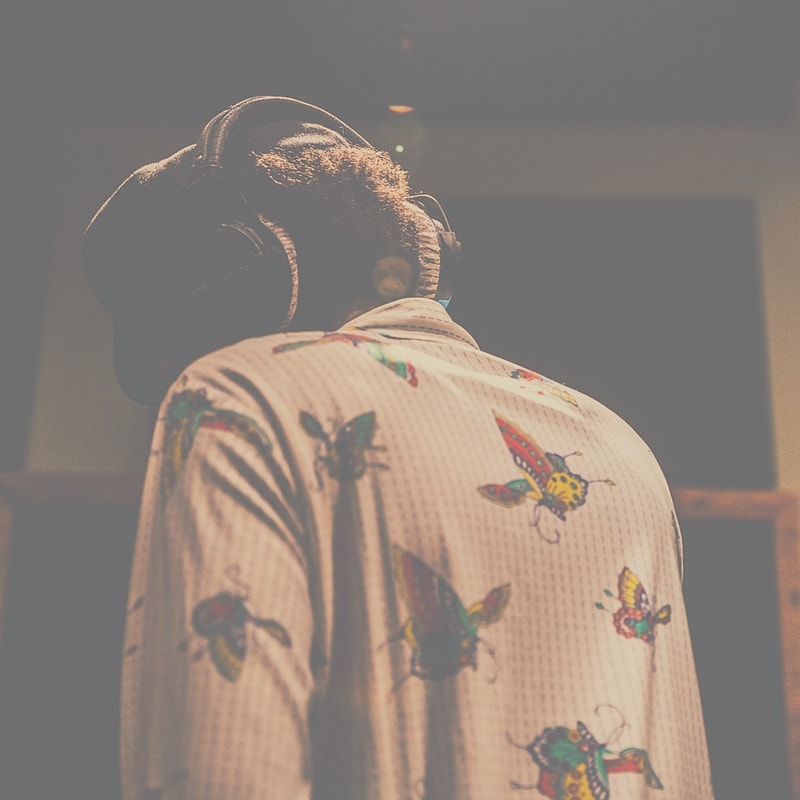


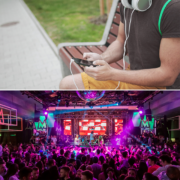
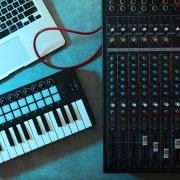


Leave a Reply
Want to join the discussion?Feel free to contribute!